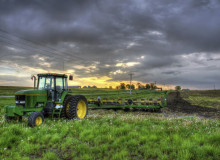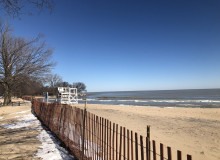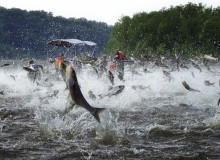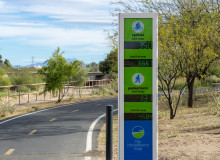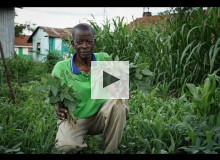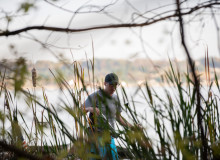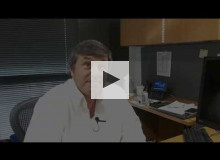Adaptation
The planet is changing. The cockroaches will be fine, but what about us? See what these PF Members are doing to adapt to the impacts of climate change.
Northwestern University
According to The Nature Conservancy, intense weather will transform hydrology, health, economics, and ecosystems in Illinois, as reported by Eva Herscowitz for Medill.
.jpg%3Fitok=0feISmxB)
(Terry Goss/Wikimedia Commons https://commons.wikimedia.org/wiki/File:White_shark.jpg)
George Washington University
Marine scientists are using information collected by everyday people to monitor sharks in the face of climate change.
Planet Forward Correspondent | George Washington University
Who says that individuals can’t make a positive change right in their own communities? Three women share their journeys to living a more sustainable lifestyle.
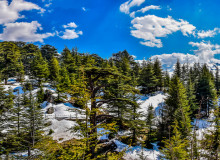
The Cedars of God (Arz ar-Rabb "Cedars of the Lord") is one of the last vestiges of the extensive forests of the Lebanon Cedar, Cedrus libani, that once thrived across Mount Lebanon. (Paul Saad/Creative Commons 2.0)
Planet Forward Senior Correspondent | New York University
The cultural and ecological significance of cedar trees in Lebanon are at risk by the human negligence and anthropogenic climate change. It will take the work of grassroots organizations to work on conservation and restoration.
Northwestern University
The Evanston, Illinois, and Beaufort, South Carolina, areas are considering how to combat beach erosion and planning to fix strained storm water systems.
George Washington University
Invasive species don't follow shelter in place orders like the officials tasked with containing them. For the Midwest's invasive Asian carp, the effects of halting prevention measures range from not too bad to detrimental.
Planet Forward Senior Correspondent
Green spaces not only help cities mitigate and adapt to climate change; they can help residents cope with the shock of COVID-19.
Planet Forward Senior Correspondent
Francis Wachira shows it is possible to end hunger and fight climate change through urban farming in Nairobi, Kenya.
Planet Forward Correspondent | George Washington University
A photo essay highlighting a local environmental activist. Joseph Wright chooses to spend his time making a difference by physically removing trash from the Potomac River.
Planet Forward Correspondent | George Washington University
For GWU Professor Peter LaPuma, the crises he teaches about in his environmental health classes aren't just test fodder — they're dilemmas he prepares for every day. Samantha Ross and Lizzie Stricklin spoke to Professor LaPuma to learn more.

